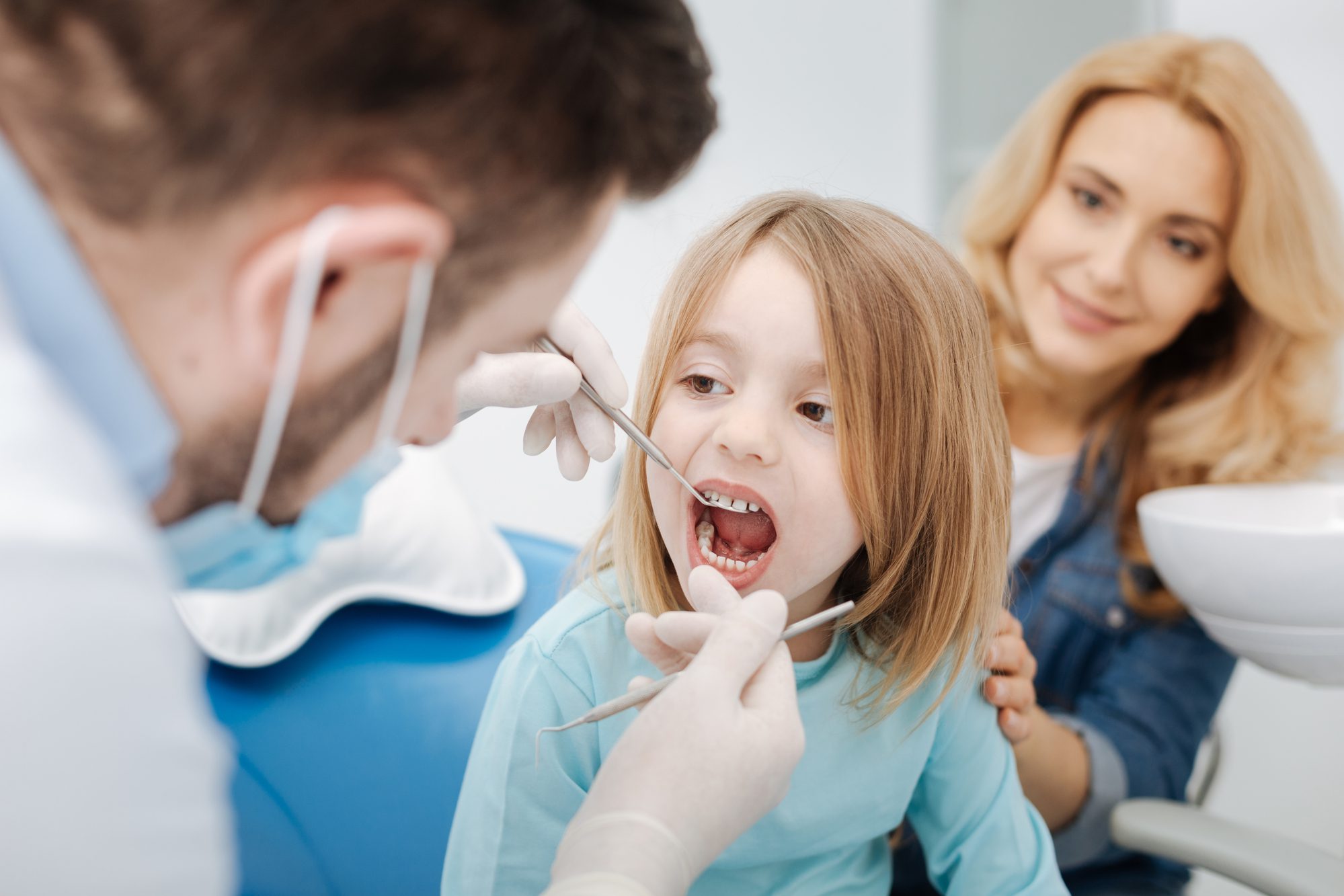While it’s never pleasant to be told your child must lose a tooth that’s not supposed to come out, the reality is that dental extraction is much less scary than most people think. Indeed, myths abound surrounding tooth extraction. But when you know the truth about this procedure, it can make the prospect much less daunting both for you and for your child.
Dr. Matt offers conservative and compassionate pediatric dentistry in Overland Park, KS. He only recommends dental extraction when it is absolutely necessary, using our advanced technology to evaluate your child’s tooth and overall dental health. When it is required, he and the team at Smiles Dentistry for Kids do everything in their power to make the procedure easy, quick, and comfortable.
Have you been told your child needs a dental extraction? Wondering about your teen’s wisdom teeth? Contact us to learn more!
Myth #1: Wisdom Teeth Always Need to Come Out.
In the past, wisdom tooth extraction was almost a rite of passage, along with getting your driver’s license and graduating from high school. Today, dentists are much more discerning as they evaluate each individual patient.
Dr. Matt only recommends wisdom tooth extraction if the third molars are causing problems or are likely to do so in the future. If there is not enough room for the teeth to come in, they can cause significant discomfort, and they can upset overall tooth alignment. Wisdom teeth can also become impacted, meaning they are trapped beneath the gums or jawbone.
Myth #2: When Kids Have an Extraction, They Don’t Need a Replacement.
Since your child’s baby teeth will eventually come out anyway, it seems odd to replace an extracted tooth. But those baby teeth serve an important function as placeholders. If the teeth come out too early, it can cause the other teeth to shift, leading to a lifetime of orthodontic problems.
Myth #3: Dental Extraction Will Affect Your Child’s Appearance.
Extraction does not have to affect your child’s appearance at all! Just as there are for adults, a number of highly realistic dental restorations can replace missing teeth. A dental bridge is the most common option, especially for pediatric patients. Bridges are made from porcelain and similar substances, which match both the color and sparkle of dental enamel.
In recent years, dental implants have become a popular method of tooth replacement. But implants are not typically appropriate for pediatric patients since bone growth and development can affect the stability of implants. Typically, boys have a final growth spurt between the ages of 11 and 17, while girls stop growing between the ages of 9 and 15. An oral surgeon can assess whether growth has stopped and whether implants may be suitable.
Of course, if your child has lost a baby tooth, you may not want the hassle and expense of a permanent dental restoration. In these cases, Dr. Matt will usually recommend a spacer. As the name implies, a spacer simply maintains the space left by the extracted tooth. Although it will not blend in like a bridge, it will keep the other teeth from shifting.
Learn More about Tooth Extraction from Your Pediatric Dentist
For more information about dental extraction and other kids’ procedures, contact our office today.
Reach us online or call us directly at (913) 685-9990.







